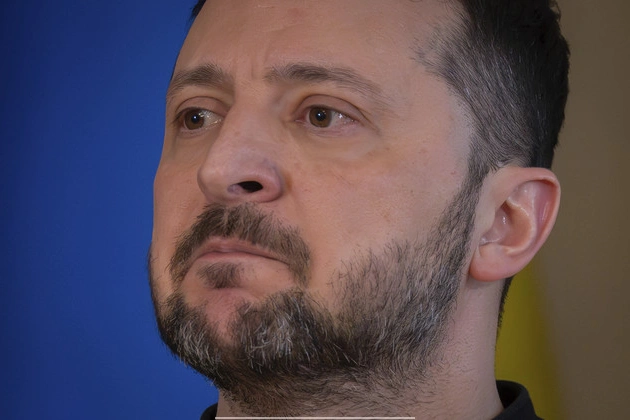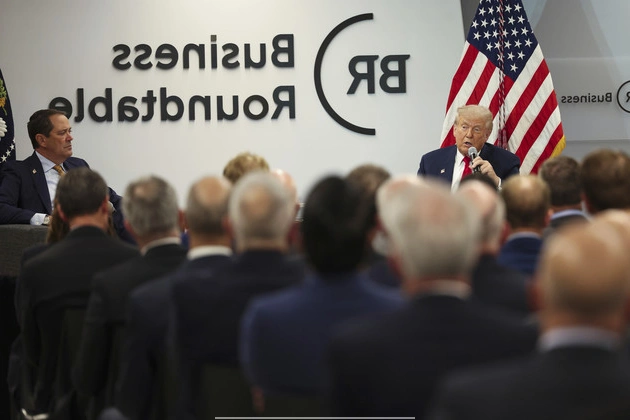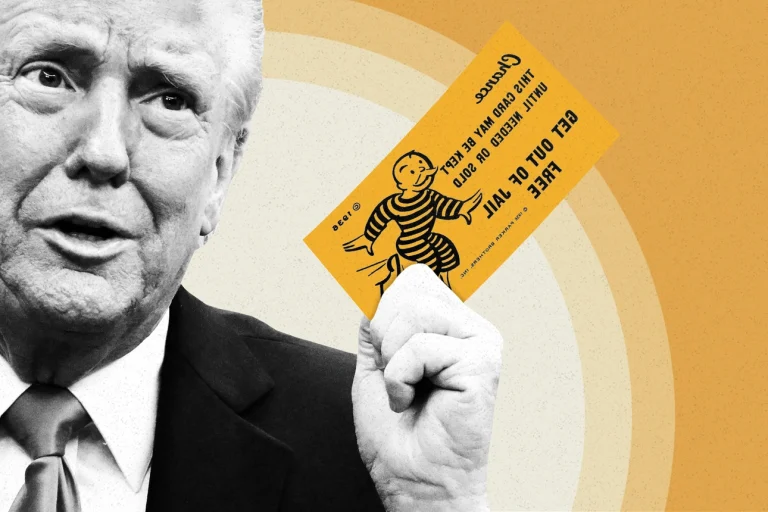
President Donald Trump issued an executive order halting aid to South Africa in response to a controversial law addressing the legacies of apartheid. The White House alleges that the law unfairly targets the white minority in the country, leading to this drastic measure.
The Controversial Law and Trump’s Reaction
The South African law in question allows the government to expropriate land under specific circumstances for public interest or redistribution purposes. This move is seen as an attempt to rectify the injustices of the apartheid era, where black individuals were forcibly removed from their lands.
In his executive order, Trump criticized South Africa’s support for what he deems as malevolent actors globally and the violent attacks on minority farmers. As a result, all aid and assistance from the United States to South Africa will cease until these issues are addressed.
Elon Musk’s Perspective
Elon Musk, a prominent figure in both the tech industry and Trump’s administration, has expressed concerns about the law on social media. He views it as a direct threat to the white minority population in South Africa.
Additionally, the order references South Africa’s involvement in accusing Israel of genocide before the International Court of Justice, further complicating the diplomatic relations between the countries.
Implications of the Aid Freeze
This decision to halt foreign aid to South Africa is part of Trump’s broader strategy to prioritize American interests in foreign policy. It aligns with his ‘America First’ agenda, which aims to reevaluate and potentially reduce overseas assistance.
It remains to be seen how this freeze will impact the socio-political landscape in South Africa and the diplomatic ties between the two nations.















